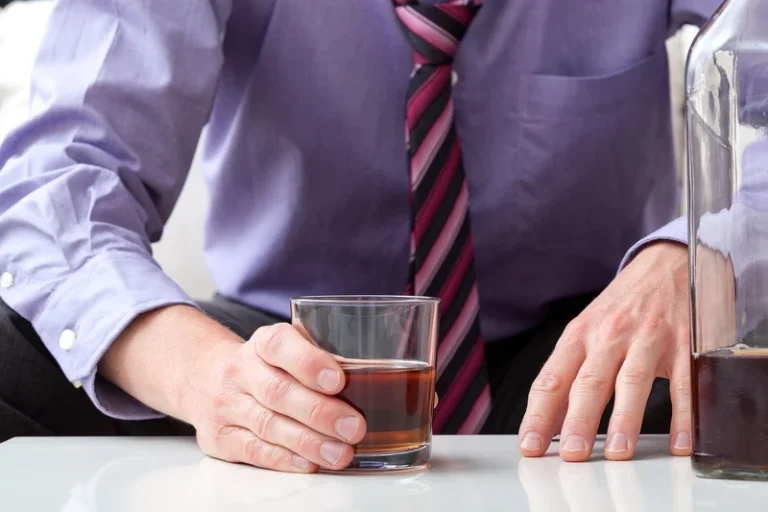
A sober living house is a peer-managed home designed to help people maintain sobriety. This is achieved through required sobriety, recovery group attendance, and household participation. Those who live in these houses rent rooms indefinitely and live a life in accordance with their responsibilities, like work and school. The process of getting sober is unique to each individual, and there are many paths that individuals can take. Women in recovery should consider accessing a comprehensive addiction treatment program before entering a sober living home. This will allow them to get the help they need while preparing for life in sobriety.

House Amenities
- Within these female-only environments, women can focus on their recovery without the distractions and potential triggers that may be present in co-ed facilities.
- A sober living facility is a residential accommodation where individuals recovering from substance use disorders can live in a structured, supportive and substance-free environment.
- We are fully licensed by the State of California and our treatment center is accredited by The Joint Commission – the standard of excellence in quality programs.
- Sober living facilities exist to help bridge the gap between attending a rehab program and independent living.
While they are both residences designed to support folks in maintaining sobriety and transitioning back into society, there are some key differences. The terms “sober living house” and “halfway house” are often used interchangeably. Sober living homes provide a safe and supportive environment for those in recovery from addiction. When considering a sober living home, it’s essential for women to ensure that the environment is safe and supportive. Women need to feel comfortable with the house rules, which should clearly outline expectations for each resident.
Effectiveness of Going to a Sober Living House
- Some homes provide places for recreation to make your stay more comfortable.
- Because the right sober living home for you is a place where you can flourish, heal, and build a foundation for lasting recovery.
- You must also be willing to undergo therapy and 12-step meetings at least once a week during your stay.
- “Phoenix Recovery is more than just a sober living house. It’s a community of women who support and uplift each other every day. I couldn’t have asked for a better place to start my journey to recovery.”
- These connections are not just about emotional support; they also contribute to accountability and motivation.
Lorraine’s House provides people the chance to surround themselves with women in the same place in life, with the same goals of staying clean and sober. Find empowerment and lasting freedom from addiction in a women’s sober living home today. Without the structure of a daily schedule and accountability of others around you, it can be easy to fall back into old habits that are not productive for your sobriety.
More About Sober Living Homes
It’s ideal for women who aim to progress in their recovery from substance abuse whether it’s their first time or not. If you’re seeking a cozy place to maintain sobriety with other sober women, the Chateau House may be right for you. Women’s sober living houses are safe, substance-free environments designed to support women in their recovery from addiction. These facilities offer a structured setting that encourages sobriety, accountability, and personal development.
What to Look for in a Quality Sober Living House for Women

Being sober will bring life back to your body at a cellular level that will eventually shine through externally. If you’re addicted to alcohol, you’re in a constant state of dehydration which sucks the moisture from your largest organ, the skin. Alcohol also robs the skin of vitamin A, an antioxidant essential for skin renewal, as well as other antioxidants. “My personal experience with Rockland Recovery was unparalleled. I had spent the better part of a decade in sober house and out of treatment. Until my stay at Rockland, I c… Due to how interchangeably these terms are used, it is important to ask questions about expectations and structure to determine which home is the right fit for you. Julia Childs Heyl is a clinical social worker who focuses on mental health disparities, the healing of generational trauma, and depth psychotherapy.
Stay Connected

Family visiting at other sober livings, not affiliated with ours, depends on their special rules. We also have a weekly family group on Saturdays that we encourage you and your family to attend. Attend weekly required meetings, complete weekly chores, attend outpatient programming and be kind to others. Technology is allowed and driving is allowed after 30 days of sobriety and 5 days of living at the house.

